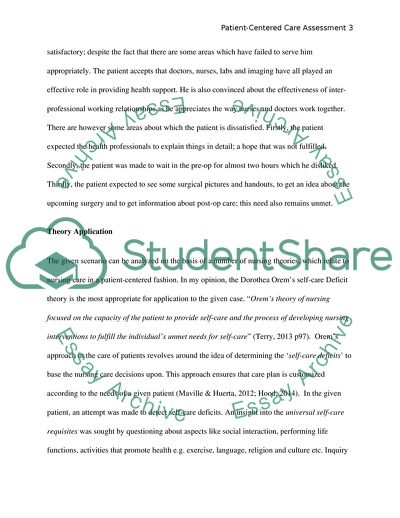Cite this document
(Patient-Centered Care Assessment/Scholarly Paper Research, n.d.)
Patient-Centered Care Assessment/Scholarly Paper Research. https://studentshare.org/nursing/1838472-the-significance-of-patient-centered-care-assessment
Patient-Centered Care Assessment/Scholarly Paper Research. https://studentshare.org/nursing/1838472-the-significance-of-patient-centered-care-assessment
(Patient-Centered Care Assessment/Scholarly Paper Research)
Patient-Centered Care Assessment/Scholarly Paper Research. https://studentshare.org/nursing/1838472-the-significance-of-patient-centered-care-assessment.
Patient-Centered Care Assessment/Scholarly Paper Research. https://studentshare.org/nursing/1838472-the-significance-of-patient-centered-care-assessment.
“Patient-Centered Care Assessment/Scholarly Paper Research”. https://studentshare.org/nursing/1838472-the-significance-of-patient-centered-care-assessment.


